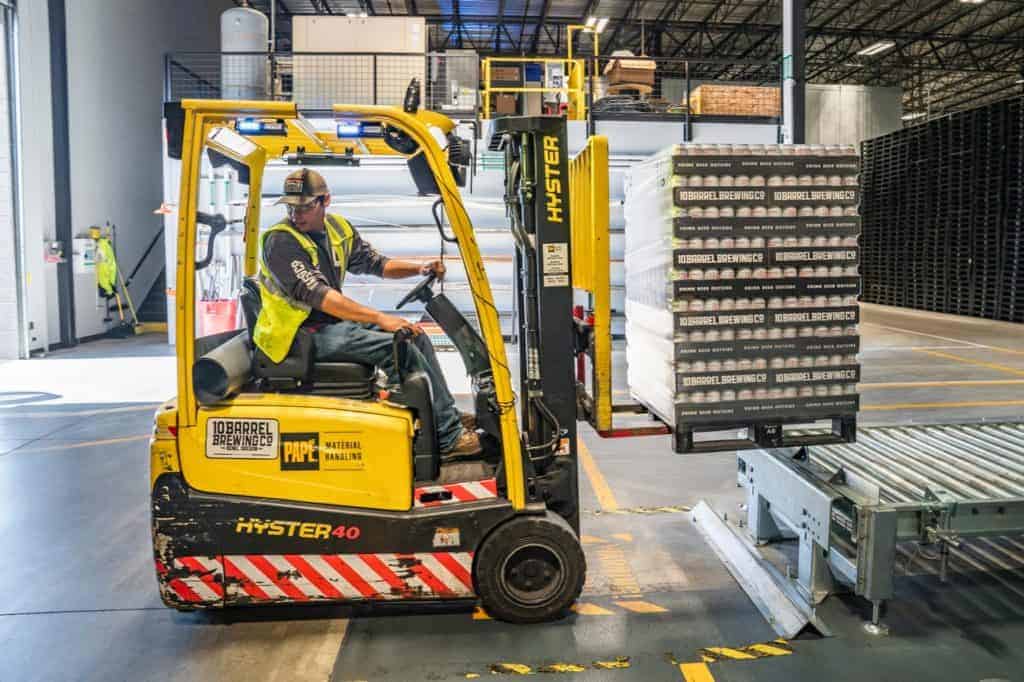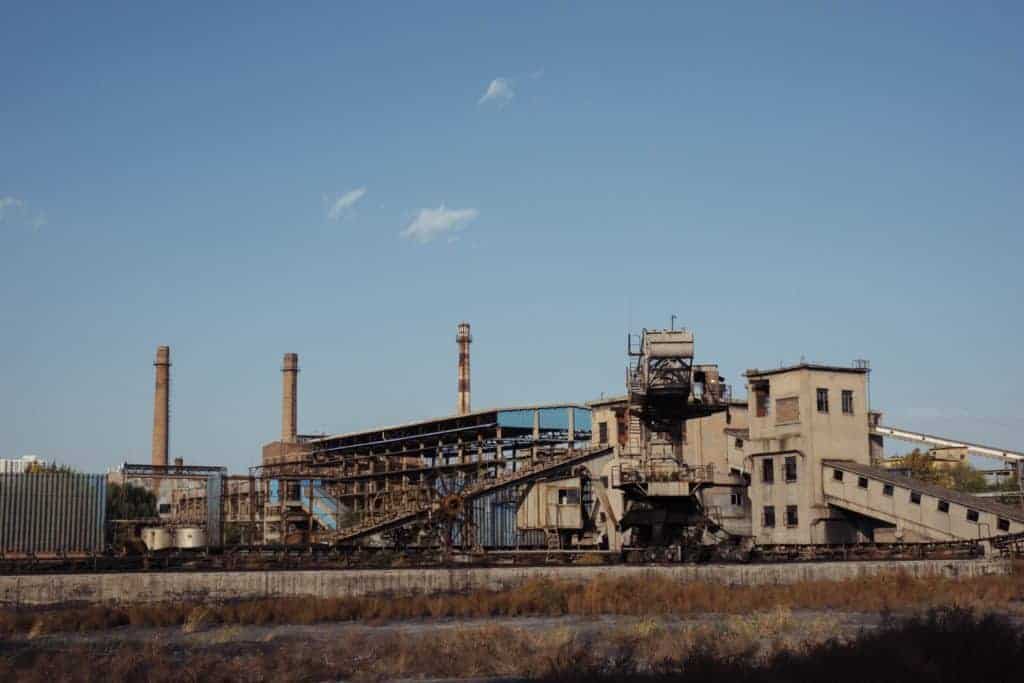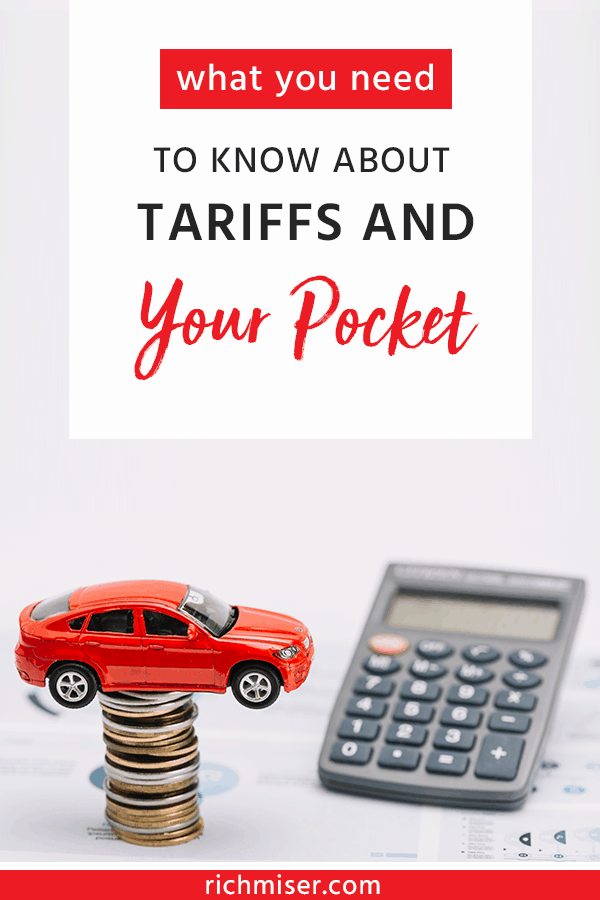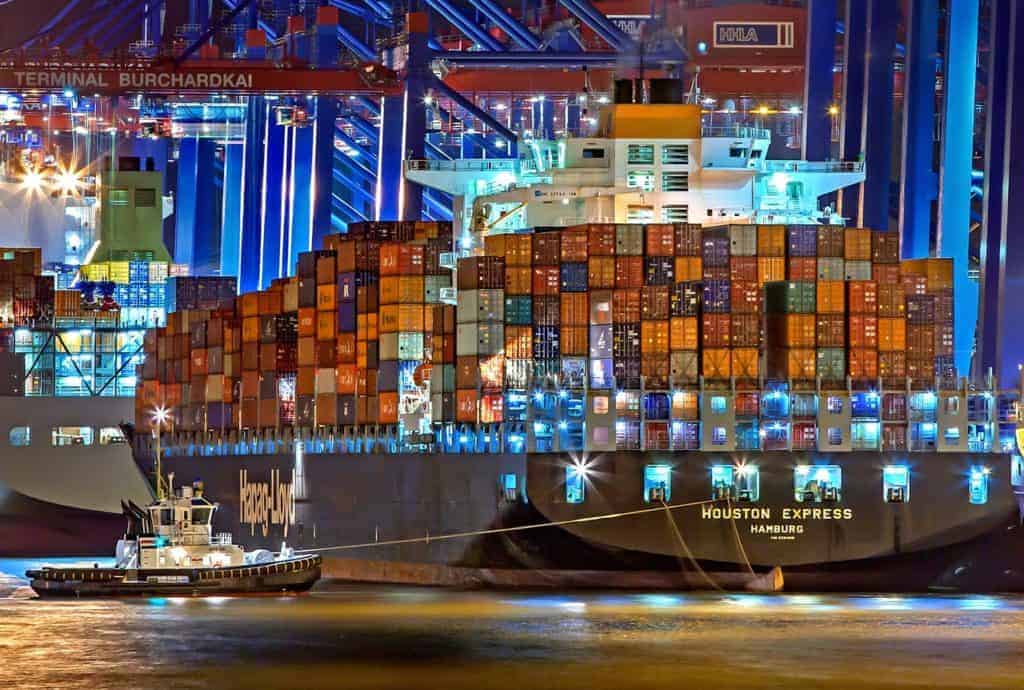On this fine day I want to talk about tariffs and globalization. Not in a political way, but just on how you may be affected. What can tariffs against China, Mexico, or other countries mean for your pocket, business, or job?
As we’ll see, tariffs are a powerful government tool that can have huge effects on a country’s economy, including who gets and loses jobs and how much consumers pay for goods, especially in this age of globalization. Let’s take an in-depth look.
What are Tariffs? Are they Taxes?
Simply put, yes: tariffs are taxes. Specifically, tariffs are taxes on imported goods and services. For example, if there is a 10% tariff on all goods imported from China and an importer buys a shirt for $10 that is made in China, that importer will pay a $1 tax (the tariff). That’s it – just another tax, like income, sales, or property taxes.
Another example: say Ford makes a car in Michigan with leather seats, and the leather costs Ford $500. Further, imagine that it imports that leather from Italy. If it’s subject to a 10% tariff, Ford will have to pay $550 for the leather ($500 cost plus $50 tariff). Ford pays that $50 to the US Government.
Tariff Definition
Here’s how Investopedia defines “tariff”:
“A tariff is a tax imposed by one country on the goods and services imported from another country”.
And here’s a video they made:
What’s the Point of Tariffs?
On the surface, tariffs simply provide a government with more money, more tax revenue, just like any other tax. However, often the true purpose behind a tariff is to protect domestic industries.
For example, say it costs General Motors $25,000 to make a car in the US, which it then sells to you for $35,000. However, if it made it in a country where wages are lower, it could build the car for $20,000. By doing so, it achieves several goals:
- If it still sells it to you for $35,000, it makes an extra $5,000 of profit, which makes GM’s shareholders richer.
- It has more room to compete. If Toyota puts a comparable car for sale for $30,000, GM can afford to lower its prices because its costs are lower.
But who loses out? Most notably, GM’s workers, who can be laid off since they are too expensive compared to foreign, lower-wage labor. This has ripple effects: workers are laid off, factories close, local economies shrink.
A tariff can prevent this. Say that the US imposes a tariff on all imported cars. Toyota has to either pay the tariff and swallow the cost, or raise its prices. The idea is to raise tariffs so much that it’s forced to raise its prices so that its cars cost the same (or more) for the consumer than GM’s. Now Toyota loses its price advantage, and GM remains “competitive”.

The Ford Mustang
Who Pays the Tariffs?
Since tariffs are paid at the moment of importation, the importers (companies or individuals) pay them. For example, if your shirt was made in France, the company importing it would pay the tariff. In a simple example, if the shirt costs the importer $10 and is subject to a 10% tariff, the importer has to pay $11 for the shirt.
But what if that importer was also the seller, and was selling the shirt to consumers for $11 before the tariff was imposed? It can’t continue to sell the shirt for $11 and make a profit. So, it has to raise the price and “pass on” the cost of the tariff, partly or completely, to the consumer.
Who gets the Money Paid as Tariffs?
The government of the country that imports the goods gets the money. In other words, if Germany imposes tariffs, German importers pay them to the German government.
The Pros and Cons of Tariffs and Globalization
Tariffs are somewhat of a double-edged sword. They have enormous pros and cons for a whole lot of people, companies, and governments.
Pros
On one hand, they help stimulate the national economy by encouraging manufacturers to produce more goods themselves. Returning to the prior examples, if they help Ford or GM remain competitive versus foreign competition (or make it too expensive for Ford or GM to make their cars abroad), then American factories will keep on humming and American workers will keep on having jobs.

China tariffs can help American factories but hurt American consumers. A complicated balancing act!
With their incomes, those workers will pay taxes and spend money at shops and restaurants, resulting in revenue for all levels of government and stimulus for the local economy.
Of course, local companies also benefit. If I own a shoe factory and it costs me $20 to make a pair of shoes that would cost $10 to make in China, a 100% China tariff would help me, since it would make imported Chinese shoes cost the same $20 as making them locally. That’s why tariffs are protectionist – because they protect local industry and jobs.
Also, tariffs can help a country retain a manufacturing base, even if it’s more expensive than elsewhere. What I mean is that too much free trade can make it so that practically nothing is manufactured in a high-wage country, making it very dependent on others for goods. For example, if Canada starts importing practically everything from Vietnam, what happens if relations with Vietnam sour some day?
Cons
Someone’s going to lose out, of course. First, going back to the car example, Ford and GM as corporations (and their shareholders) will lose out because they could make more money if they made the cars for less money elsewhere and could import them without tariffs. All other things being equal, if they can make the cars cheaper, they can make more money when they sell them.
Second, American consumers, who will wind up having to pay more for their cars (unless the manufacturers fully absorb the tariffs, which would be unusual).
Third, it’s bad for efficiency. Say the Germans can make cars for less not because they pay their workers less, but because they’ve replaced many of those workers with robots. If Americans (protected by tariffs) don’t do that and need more workers, then, in the long run, American industry becomes less efficient and competitive as it falls further and further behind in terms of technology, automation, and innovation.

Would China tariffs help revive this factory? Or are they bad in the long run?
Fourth, the country whose goods are subject to tariffs will never like it. Say that Mexico is making a lot of washing machines which get imported tariff-free to the US. That’s providing lots of Mexican jobs, plus factories had to be built, roads connected, etc. If, all of a sudden, the US slaps tariffs on those machines and it therefore becomes cost-effective to make them in the US, that’s going to cost Mexican jobs and harm the Mexican economy.
When that happens, there’s a risk that Mexico will retaliate by imposing tariffs on US goods. This harms the US economy and creates a trade war, with each country hitting the other with tariffs or other measures.
Where Does Globalization Come In?
For our purposes, globalization is the worldwide collapse of tariffs that took place over the last few decades. (That’s why sometimes it seems like everything is made in China).
Of course, globalization is good for the consumers who get cheaper stuff, but bad for manufacturing workers in rich countries who lose their jobs. In theory everything gets more efficient and cost-effective, but, of course, a lot of people lose out (especially those factory workers whose jobs get shipped off to low-wage counties).
Trade Wars
Exporting countries like China don’t pay tariffs themselves. However, since tariffs make their products more expensive in importing nations like the US, the exporting countries’ economies will be affected, because their factories are suddenly (artificially) less competitive.
In that sense, tariffs are a viable way of punishing other countries. They can undermine their industry and economy.
The reaction of the countries which have had tariffs imposed on them can depend on their degree of reliance. For example, a nation whose industry relies on the export of chocolate may export to fifty countries. If only one small country imposes tariffs on it, they may not mind too much. The majority of their money isn’t coming from that country.
However, imagine if that same nation exports to a huge country and they have a lot of people buying their products there, and then they have tariffs imposed on them. You can bet that they will mind and probably will retaliate.

A different kind of war
Indeed, the country which imposed the tariffs is aware that the other country’s economy depends on their ability to export. And then they stop them from doing it, hitting their economy hard.
It’s also the difference between defensive tariffs which are intended to stimulate the production of goods in the original country, and punitive tariffs that aim to destabilize the other country’s economy (and extract concessions from that country).
So Are Tariffs Ultimately Good or Bad?
The short answer is that they’re bad for consumers because they make stuff more expensive. However, they’re good for factory workers because they protect their jobs. So, I can’t really say that they’re good or bad. They’re just another tool that a government has to use wisely, since someone will get hurt. They’re definitely not a win-win kind of thing.
As a consumer, I don’t like them because they make my purchases more expensive and take money from our family purse. But if I had a factory that was facing competition from China, I’d probably breathe a sigh of relief with the announcement of tariffs that would protect my business.
Another thing that’s for certain is that globalization has made everything more complicated. In the past, my home phone might be made in the US by General Electic, from American parts. Now, my smartphone is designed in California but made in China from parts sourced from all over the world. The supply chain is much more complex, and trade wars perhaps more unpredictable.
Summing It Up
So as we’ve seen, tariffs and globalization create winners and losers. For the most part, increased globalization and lower tariffs help consumers because they lower prices both directly and, long term, as a result of increased efficiency. Highly educated workers also tend to benefit, since their jobs are not at much risk, but they still get to buy stuff cheap. As well, sophisticated multinational companies stand to gain. They can set up complex supply chains that take advantage of cheap labor wherever it can be found.
On the flip side, reduced globalization and higher tariffs tend to help factory workers who keep their jobs, and local companies that can’t compete with foreign ones. Tariffs can also be a powerful and effective tool for governments that use them wisely, particularly if they gain concessions from other countries who stand to lose more than they do.
As with many things in life, the answer depends on where you’re standing.
What do you think of tariffs and globalization?
Sources:




Very informative and educational. I generally believe in free trade and open markets, so I not a big proponent of tariffs. Tom